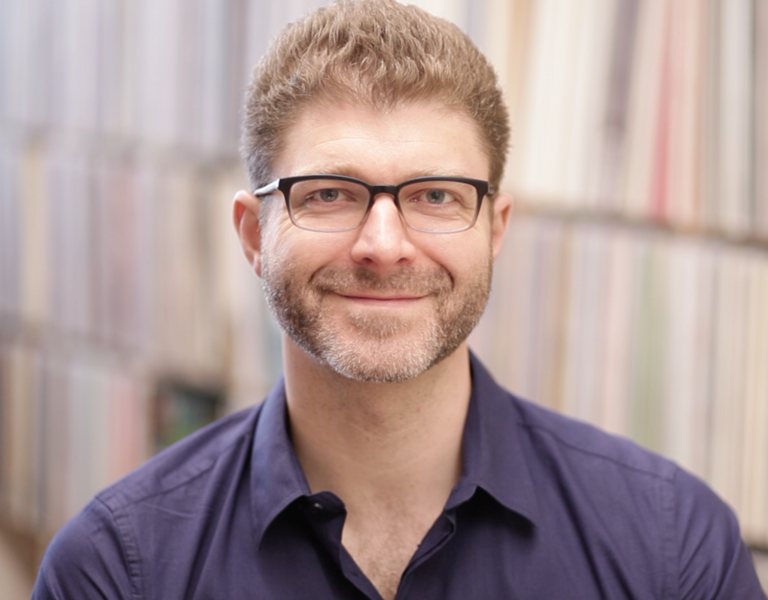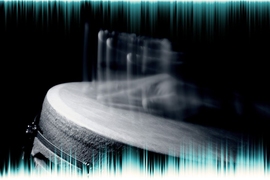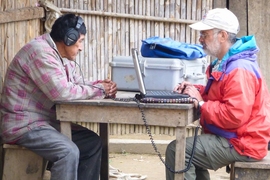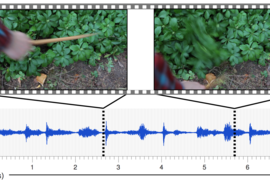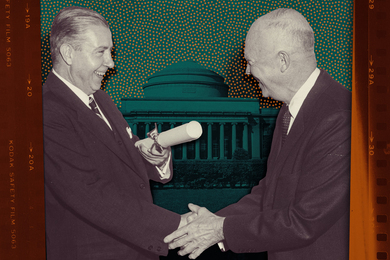Josh McDermott, assistant professor in the Department of Brain and Cognitive Sciences, is a recipient of the Troland Research Award from the National Academy of Sciences (NAS). McDermott, a cognitive scientist, is recognized for his unique engineering approach to study audition; the award cites his “groundbreaking discoveries about how people hear and interpret information from sound in order to make sense of the world around them.”
McDermott’s research goal is to better understand how the brain derives information from sound, by studying how it interprets signals from acoustic sensor arrays (in the ears) to make inferences about the environment. McDermott has pioneered new approaches to studying audition by applying a combination of cognitive principles (learning, memory, attention, etc.), neuronal and behavioral experimental data, and computational models.
His unique experimental approach to study audition has yielded important insights, such as the effects of reverberation on hearing, how humans extract pitch and perceive music across cultures, and a deeper understanding of the structure and function of the human auditory cortex. McDermott’s work has the potential to impact our ability to treat hearing impairment and build machines that can better interpret sound by mirroring human capabilities.
The Troland Research Award is given annually to two young investigators who further empirical research within the broad spectrum of experimental psychology. McDermott and 18 other investigators being honored by the NAS in various capacities will receive their awards in a ceremony on April 29 during the academy's 155th annual meeting.
